Demei's View - Wine Communication from a Chinese Winemaker
A few years ago, when ‘wine’ started to be a fashionable word in the Chinese society, the status of winemaker improved significantly. It became a mysterious career. If you tell a group of young people you're a winemaker, no doubt you'll receive exclamations. What a romantic job to make such delicious and dreamy drinks. Since then, the role of winemaker has been listed as an independent job in the Chinese professional code.
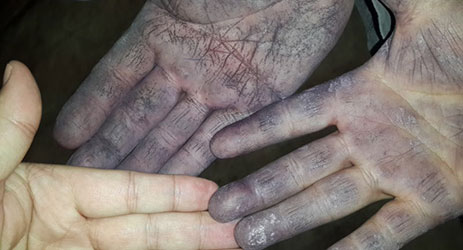
Indeed, winemakers play an important role in the process of formation of good-quality wine, and should gain more attention from wine lovers. But, as a winemaker, I found that the younger generation of Chinese winemakers rarely work in wine estates, whether they were trained abroad or at the domestic universities and colleges.
Right now we're in the middle of harvest season. It's relatively quiet this year due to the downturn of the market, and there's not much of the usual noise of people rushing to buying grapes. When I visited some wineries the other day, the difference between the state of my hands and the winemakers’ hands (above picture) reminded me of the sheer time and effort that goes in when you're working at the winery.
Archaeological evidences suggests that the history of winemaking goes back over 7,000 years; though we'd probably believe the number even if it was longer than that. Actually, back in the ancient age, when people picked up fruit from the ground that had started to ferment because of over ripeness, illness or other damage, they were unconsciously getting in touch with wine. From this perspective, the winemaking history seems much longer.
Whether it is 7,000 years or longer, the existence of winemaker as a profession in the wine world has a - pathetically - shorter history.
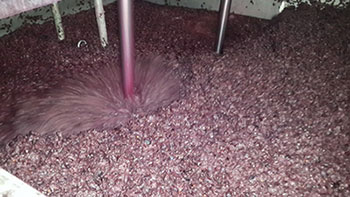
For a long time, people thought it was the ‘power of god’ that converted grapes into enjoyable wines. The so-called ‘winemaking’ technique was to wait for the grapes to ripen and collect them, then wait for the divine power to get to work. Whatever the final quality of the wines, people would happily enjoy them with gratitude, without realising they could have been their own Bacchus and controlled the process. Thus, there was no such role as ‘winemaker’.
It wasn't until Antoni van Leeuwenhoek improved the microscope that people began to understand the micro world. And, after Louis Pasteur discovered the microorganisms that caused the wine to deteriorate or turned the must to wines, ‘winemaking’ gradually became an activity led by humans.
However, the majority of what the winemakers were able to do during this period was to helping the wines avoid spoiling through preservation – so it would be unfair to evaluate the work over 100 years ago by present-day standards. Almost in the same period, the wine classification in Bordeaux brought massive economic benefits to the chateaux. Owners and winemakers thoroughly studied the winemaking process of those popular wines from the famous estates, and winemakers started to extend their consideration from the cellar to the vineyard in order to increase the quality of the wines. They were paying attention to the soil, the weather and the grape varieties that may have affected the outcome of the wine.
Winemaking became an independent discipline, and winemakers spent more and more time in the vineyards. The development of the industrial revolution at the same time pushed the development of the wine industry, whilst also bringing an unprecedented disaster - the Phylloxera that destroyed most of the European vineyards. Mankind has gone through many catastrophes in human history, but never been destroyed. This crisis also brought an opportunity to replace the grape varieties. After discovering that grafting techniques could resist the Phylloxera damage, the vineyards were replanted and the vines became popular varieties among consumers. The personality of the wine regions and the terroirs were better expressed in the wines, and the role of winemaker was more valued by the winery owners and the consumers, hence stories of father and sons or brothers continuously working for the same estate.
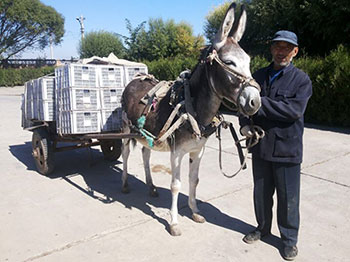
The development of winemaking has closely followed the pace of the human society's development. Before there were huge rural-urban gaps, classic vintages have been made even in the war. But wine cannot change its nature as an agricultural product, and grapes need to be planted on barren ground somewhere far from the cities, which is quite opposite to the living conditions demanded by humans. So there is a huge challenge to the winemakers with the urbanisation of mankind. As social men, winemakers and their families require the convenience brought by the social development; but their careers need an environment far from that convenience. In France where the rural-urban gap is small, winemakers in the Medoc will get a slightly higher salary than their peers who are doing the same job in the other parts of Bordeaux, since the Medoc is further from the city. You can imagine how attractive the career of winemaker would be in a place like China in where the rural-urban gap is so big.
I encountered this kind of embarrassment two years ago when I tried to recommend a winemaker to the Skyline of Gobi Vineyards. Everyone believes that we can make high quality wines here, and we all see the determination of the investor, but anyone considering taking this job would have to work long-term in the desolate Gobi desert, which saw many people finally retreat. Luckily my friend introduced Lilian Carter to me. The Australian winemaker - who previously had experience of working in China - fell in love with the place when she first visited here, since looks like somewhere in Australia, and has rich local culture, (and she loves a challenge…) Anyway she decided to join the Skyline team. Challenge is not a simple word. It takes more than 30 hours from her home to the vineyard. Without holding a dream, this work is never as easy as just saying ‘I love challenges.’
The good news is that the preliminary achievement of the Skyline of Gobi Vineyards has won the industry recognition, and its wines have gained many awards and becoming better known by consumers. The working and living environment is getting better as well. I believe people working at the winery will feel happier in the future.
To face a challenge in a difficult position and rise to it – isn’t this the basic process of the development of human society? The winemakers all around the world are doing their best. Let us raise the glass and toast to their hard work!
Translated by Nina Fan Feng / 冯帆
All rights reserved by Future plc. No part of this publication may be reproduced, distributed or transmitted in any form or by any means without the prior written permission of Decanter.
Only Official Media Partners (see About us) of DecanterChina.com may republish part of the content from the site without prior permission under strict Terms & Conditions. Contact china@decanter.com to learn about how to become an Official Media Partner of DecanterChina.com.


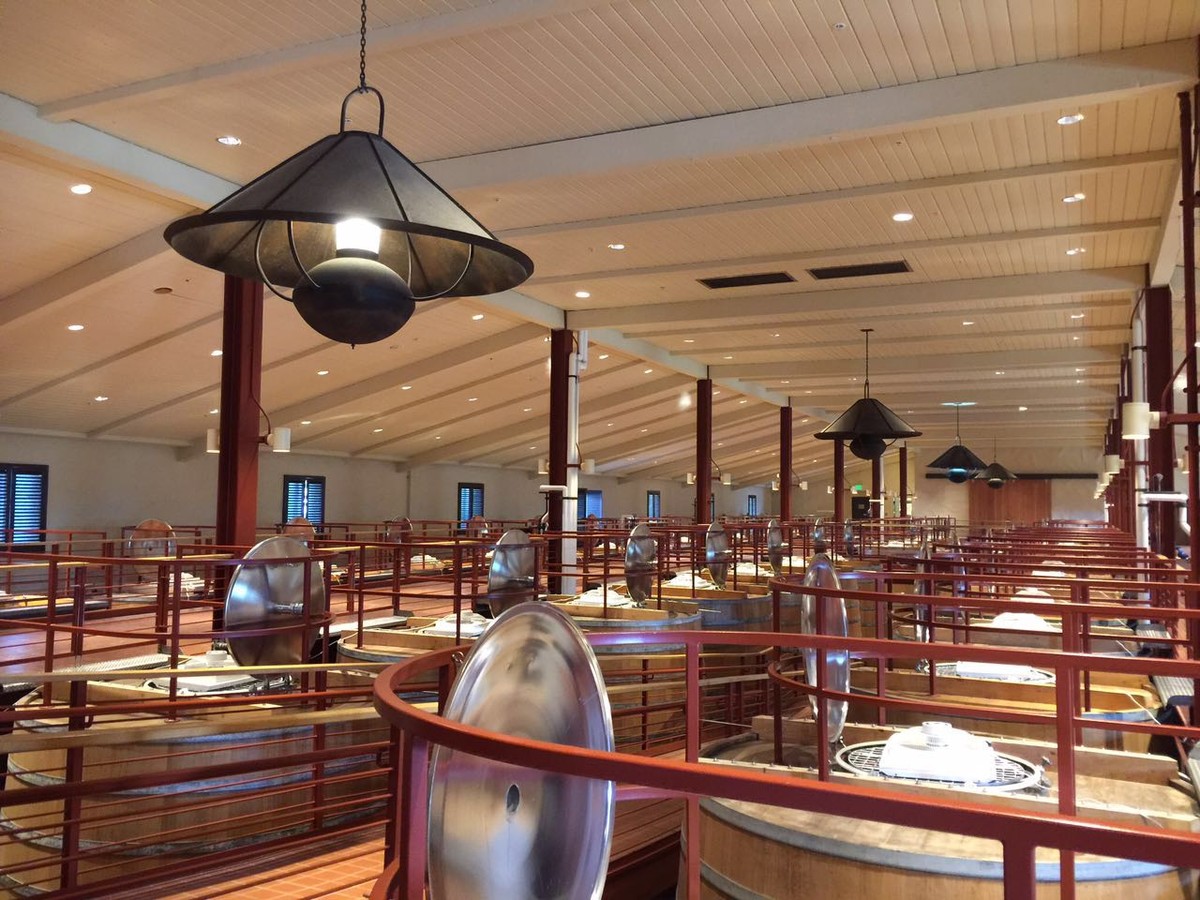
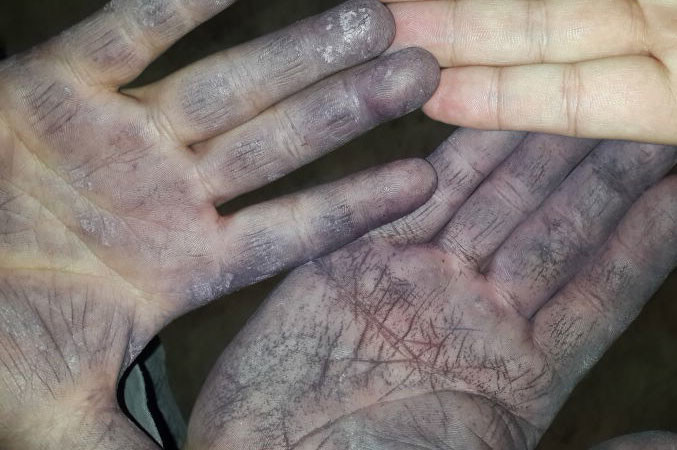
Comments
Submit